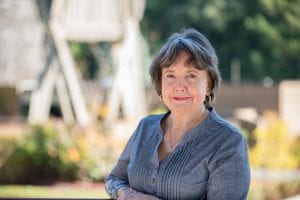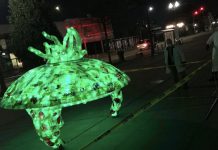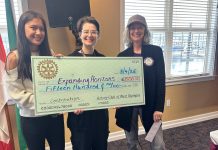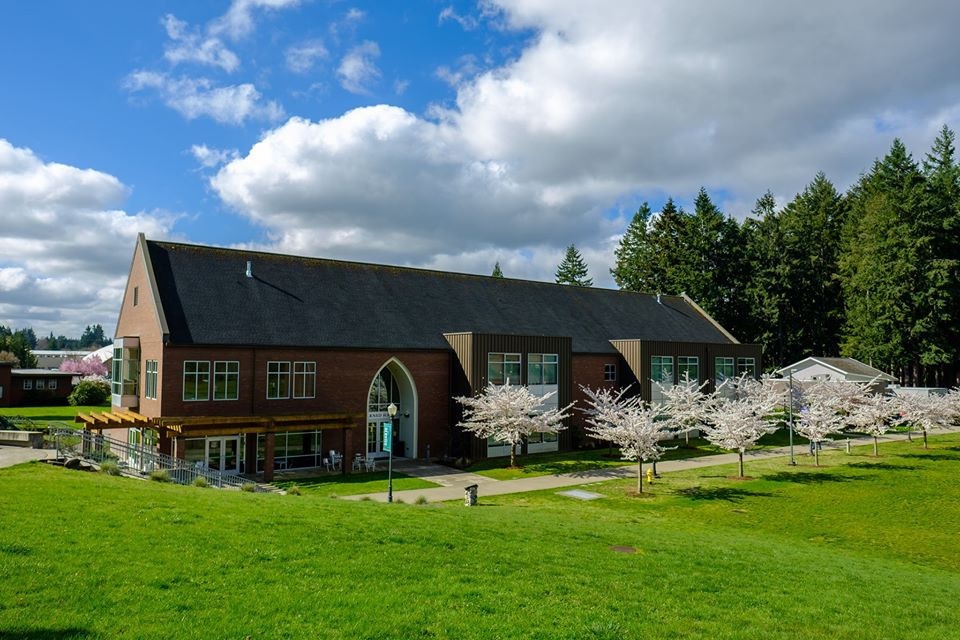In 2019, Saint Martin’s University’s Volunteer Income Tax Assistance or “VITA” program saved participants a collective total of $33,000 in filing fees based on conservative estimates, and secured a total of $145,514 in tax refunds. But the greatest value of the program, which provides services for free and open to the public, cannot be calculated in simple dollars and cents. Holding true to the University’s founding Benedictine values of service, stewardship and community, students gain a variety of skills while they assist individuals from a range of backgrounds and income levels in preparing their annual tax returns.
In 2019, the all-volunteer student-led crew processed 183 tax returns, including 17 prior-year, 5 amended and 7 state returns. The drop-in program, in its third year, just opened back up at the beginning of February and will run through April 11. “We’ve already had people come back who used the service last year or the year before,” says Professor Suzanne Chaille, MBA, MAFM, CPA. Chaille serves as the faculty advisor and oversees the work the students perform. “I used to have a practice before I moved into teaching, so I love being able to get back into taxes and help the students get involved,” she says.

The student volunteers receive specialized training to aid them in tax preparation. They all begin with the code of ethics training. Then they train on a variety of topics—such as filing status, what qualifies as a dependent, how to treat education credits and recording income in wages or retirement. “They take quite a bit of training on income and deductions so they are aware of all the things someone might be eligible for on their return,” says Chaille. Then they practice with each other, performing mock tax preparations before they become IRS certified. The real test comes when they meet with their first customers. “They are usually a little nervous, but they are really excited to help their first client.”
“The students work in various roles,” says Chaille. Some work in intake, greeting the public and reviewing documentation. Tax preparers work at different skill levels preparing tax returns, and reviewers work at verifying the quality and ensuring accuracy of completed tax returns.
In addition to the skills attained in accounting and an understanding of tax code, students develop other skills while volunteering with the VITA program. Data entry, communication and interviewing, consulting and customer service are all deepened and polished in every interaction. There are also opportunities for critical thinking and problem-solving skills with real-world applications. “Our volunteers are generally very empathetic people, but I’ve seen that empathy grow, and I’ve seen their world view broaden,” Chaille adds.
Students spend a lot of time in class, studying, hanging out with friends and classmates, and going about their day-to-day lives, explains Jesus Quintero, an MBA student who served as the VITA program’s site coordinator as an undergraduate student in 2019. “There isn’t always an opportunity for students to interact with the greater community, so volunteering with the VITA program allows them to reach out and get involved with people they might not otherwise,” he shares.
Many of the customers served by the student volunteers are retirees on a fixed income. The fees to file a return with a paid tax-preparer can be prohibitive for those customers, but the VITA program makes it possible. Sometimes, the clients speak limited English and the complexity of tax code makes them hesitant to file taxes on their own. With every customer they serve, the student volunteers have an opportunity to apply the Benedictine values, a set of principles that guild all members of the University community. Values of listening, respect for all people, and justice are thoroughly intertwined with their volunteer service at the VITA center.
Ryan Patterson is working on his second year with the VITA program. Last year he worked as support, performing intake and basic preparation. This year he wants to help with higher levels of tax preparation. Some circumstances require a bit more tax knowledge, for example working with dividends and interest, military members or international tax concerns.
Patterson finds it gratifying to be able to use the skills that he attained in school to help his community. “In other service projects and volunteering, I can use my time and energy to help,” he says, “but there aren’t often opportunities to use my accounting and tax knowledge.” Patterson says taxes can be confusing and intimidating, and he tries to use his skills to make the process easier for others.
Need help with your taxes?
The Saint Martin’s University VITA program welcomes members of the community with income less than $55,000 for individual tax preparation and assistance. The program holds drop-in sessions and is open from 9:00 a.m. to 3:00 p.m. every Saturday of tax season through April 11. They are located at Saint Martin’s University in Harned Hall (building 6 on the campus map). Free parking is available in lots N and O. When it comes time for tax season, being prepared is the key. The most important thing to remember, says Quintero, “is to have all the important documentation available.” The IRS website contains a handy list to help you ensure that you have all the documents you need to have your taxes prepared.
Sponsored








































